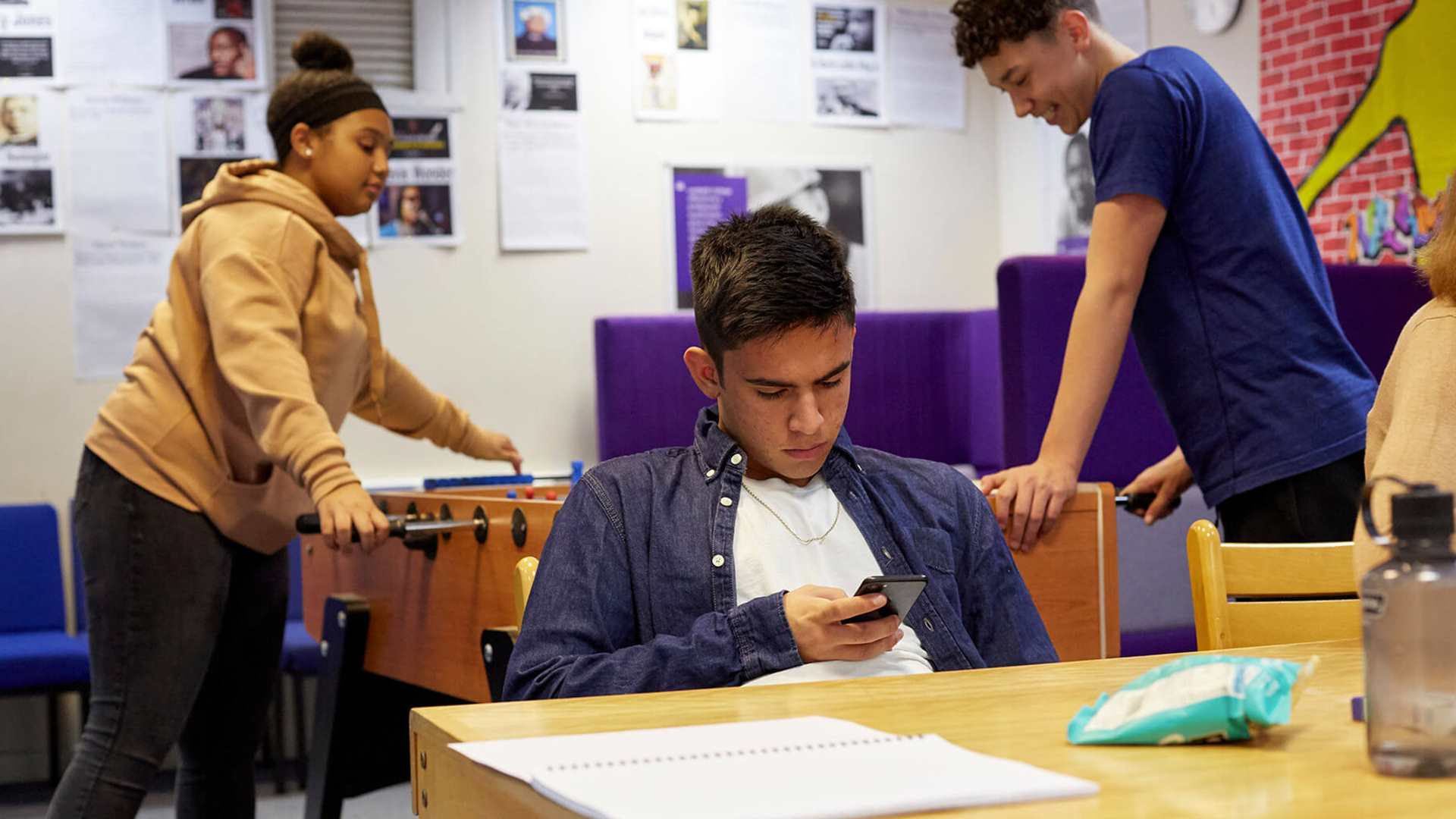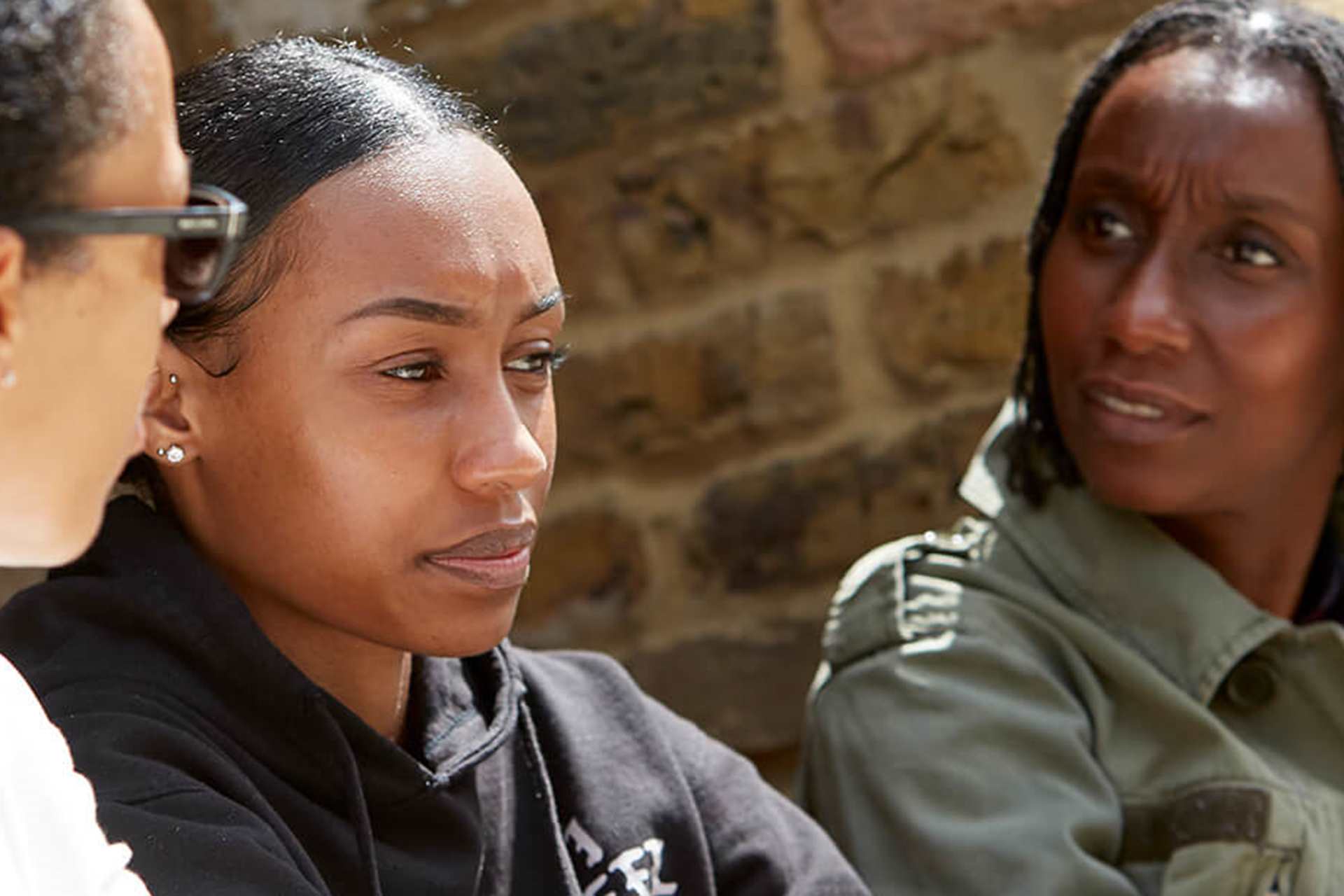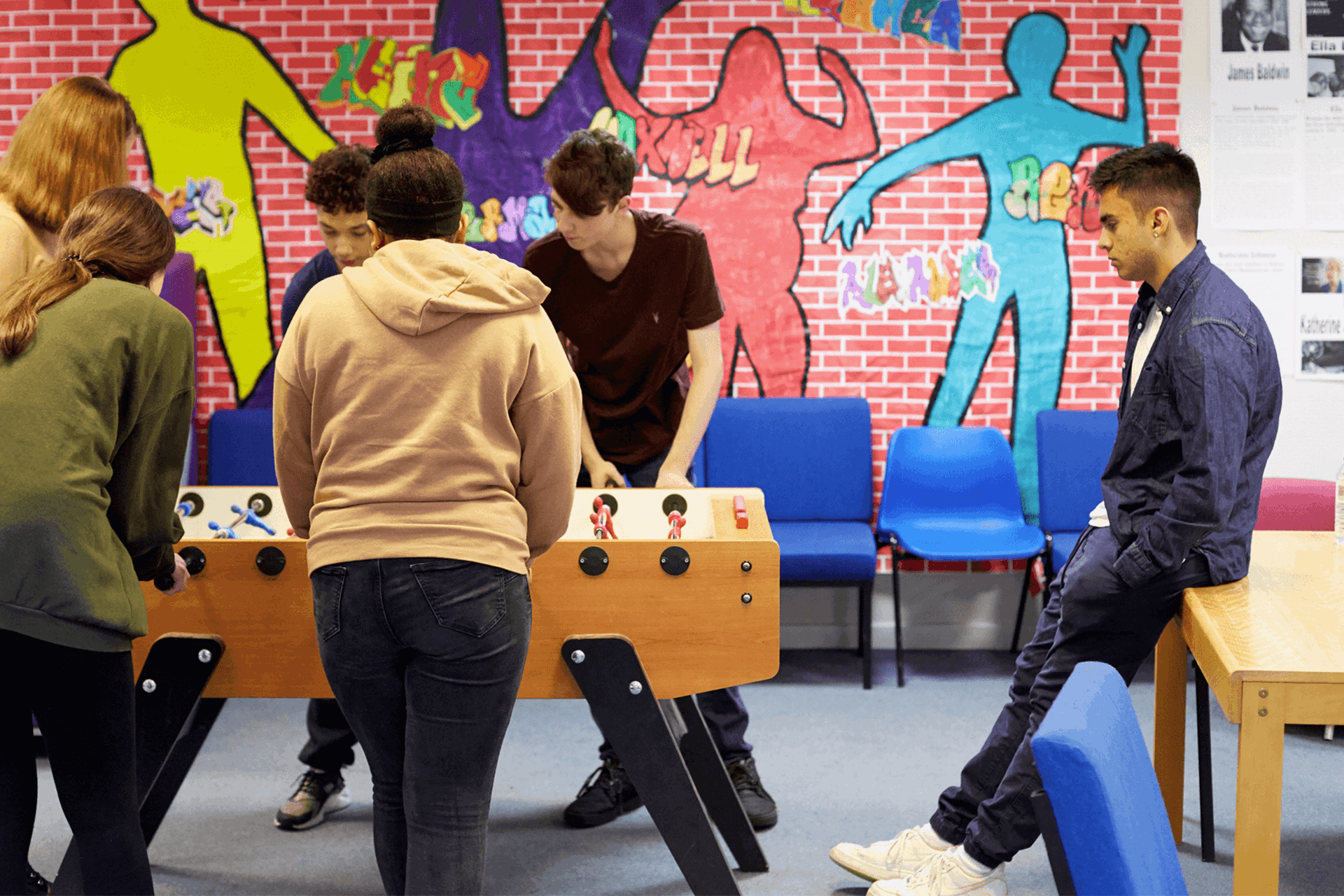Topics mentioned: money and mental health, self-esteem
About: Our blogger shares three tips that they use to look after their money and mental health during the cost-of-living crisis.
When life feels out of our control it can really affect our mental health and self-esteem, but it’s important to remember that help is available.
I lost my job back in April - it was only part-time, but not only did it give me money, it gave me a purpose. If I were not living with my parents, I can guarantee that I would be snowed under with bills. But I also know that I am far from alone.
From rising energy bills to increased prices, there is no doubt that many of us are feeling the effects of the cost-of-living crisis. It puts a lot of pressure on all of us, both financially and spiritually. When life feels out of our control it can really affect our mental health and self-esteem, but it’s important to remember that help is available.
I want to offer my tips to help you look after your money and mental health. The cost-of-living crisis is just one drop in the ocean of problems many of us feel we are sinking in right now. I want to offer a ray of hope, however faint, that may help you to sail through the rough seas. I call my advice, ‘The Three Ss.’
My three money and mental health tips
-
SAVE whenever you can
I’m not saying you mustn’t spend money on the things you like, but it pays to take into account where you can get essentials at a lower price.
For example, when supermarket shopping, consider buying products from their own brand rather than a household name, e.g. your local supermarket’s own brand cornflakes will be considerably cheaper than Kellogg’s.
Think about sales too, such as buy one get one free, or three for two - but be careful with these, since they can tempt you to buy stuff that you don’t need.
-
SELECT what you buy and where you shop
There are many methods to approach prioritising how much you spend and what you buy. The most basic layout would be listing the things you want and the things you actually need.
Or you could organise things into what you must have, should have and could have. I recently saw a money pyramid on Instagram that categorised things this way, with the added ‘nice to have’.
-
SPEAK out if you need to
Money isn’t something you should shout about from the rooftops, but it shouldn’t be a taboo topic either. There’s no shame in having debt or not having lots of money.
It’s important to have a network of people you trust and can talk to - this will make all the difference.
If you feel unable to speak to family or friends about money, then there are organisations that can help, such as Citizens Advice Bureau.
Save, select, speak. Easier said than done, I know; there’s no easy fix to the cost of living, but I hope that The Three Ss will help you in some way.
Most importantly though, be kind to yourself and to others. This is a rough patch we’re all having to go through, so we all deserve support and compassion - including you.
This is a rough patch we’re all having to go through, so we all deserve support and compassion - including you.
More information and advice
We have tips and advice to help you find the support you need. Take a look at our guides.
Where to get help
However you're feeling, there are people who can help you if you are struggling. Here are some services that can support you.
-
National Debtline
Information and advice on managing bills and debt, including debt management plans and council tax arrears. The charity offers template letters to use when contacting lenders and suppliers as well as a free helpline and webchat service.
0808 808 4000
- Opening times:
- Monday to Friday 9am - 8pm; Saturday 9:30am - 1pm
-
Turn2us
Helps people in financial need gain access to welfare benefits, charitable grants and other help – online, by phone or face-to-face through partner organisations.
- Opening times:
- Monday - Friday, 9am-5pm
-
National Careers Service
Provides information, advice and guidance to help young people make decisions about learning, training and work.
Webchat available via the website homepage.
- Opening times:
- 8am - 10pm, 7 days a week






